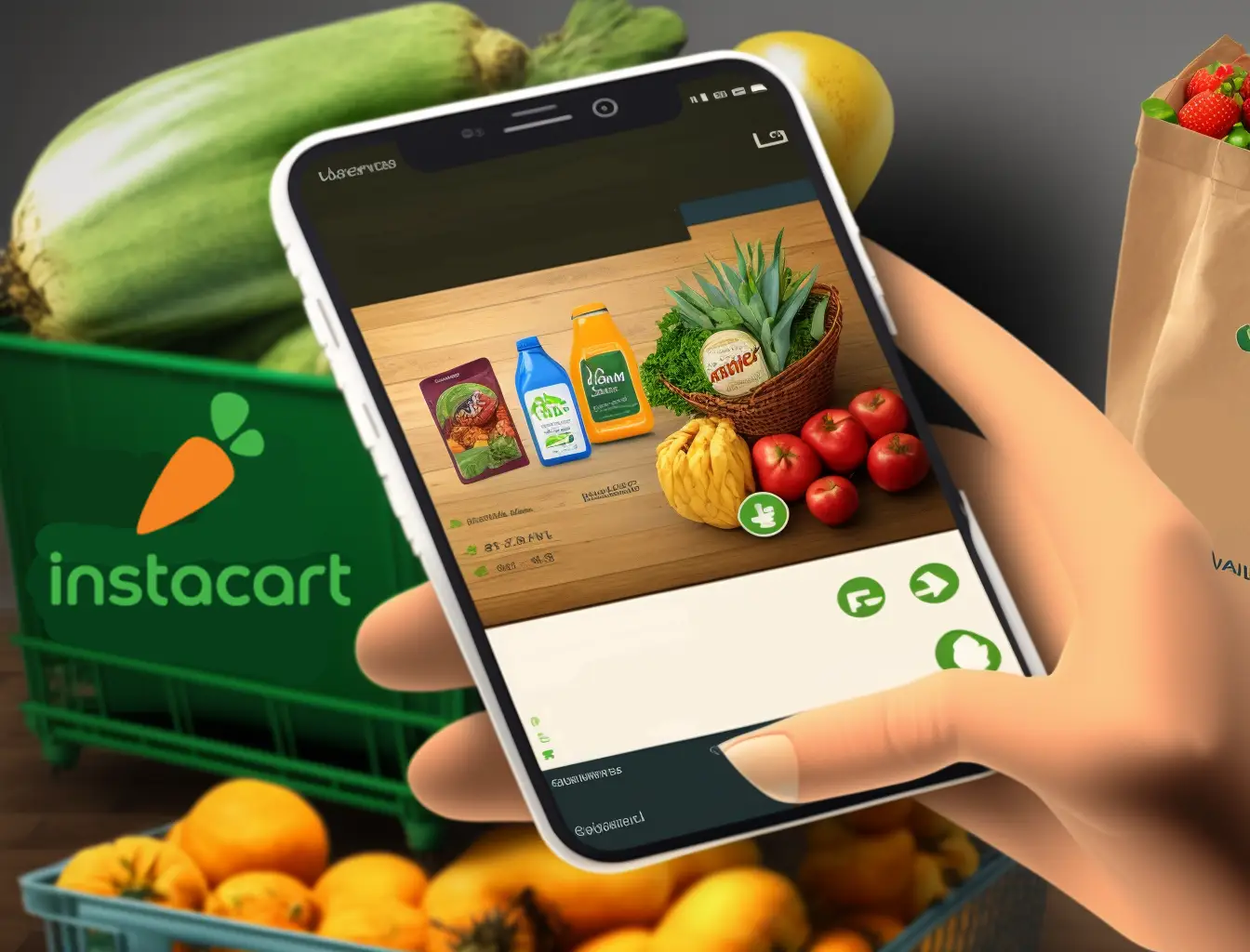Apoorva Mehta’s path to becoming a billionaire was paved with determination and grit. The 37-year-old founder of grocery delivery app Instacart debuted his company on the public market this week, earning a personal net worth of $1.1 billion.
Mehta’s road to success was not straightforward. After quitting his job as a supply chain engineer at Amazon in 2010, Mehta attempted to launch over 20 startups in San Francisco, all of which failed. “I wanted to become an entrepreneur. I didn’t know what my idea was going to be,” Mehta told CNBC.
Undeterred by his string of failures, Mehta found inspiration from his own empty refrigerator and launched Instacart in 2012 to disrupt the grocery delivery industry. Instacart struggled at first, with Mehta even missing Y Combinator’s application deadline. But he managed to impress the famed accelerator’s partners by personally delivering beer to their office using his new app. With Y Combinator’s backing and $2.3 million in early funding, Instacart began spreading beyond San Francisco.
In just over a decade, Mehta has grown Instacart into a grocery delivery behemoth operating in over 14,000 cities across North America. The company has facilitated the delivery of over 900 million grocery orders and 20 billion items since its founding. Instacart now delivers groceries from over 80,000 stores, including major chains like Kroger, Costco, and Wegmans.
With Instacart’s successful IPO and $8.8 billion valuation, Mehta is transitioning from his role as executive chairman. His 11-year journey founding and leading Instacart has earned him billionaire status, proving that persistence and vision can turn startup failures into phenomenal success.
 |
Mehta’s determination to solve a personal need despite multiple failed attempts speaks to his perseverance and self-belief. “Being an entrepreneur is about solving problems,” Mehta told Forbes India. “If you are solving problems, you are doing something meaningful.”
This tireless problem-solving ethic kept Mehta persevering through over 20 doomed startups before finding his billion-dollar idea. “I wanted to build something that really moved the needle,” Mehta told Entrepreneur. “Part of the reason I kept trying was because I wasn’t succeeding.”
Now valued at nearly $9 billion, Instacart succeeded in moving the needle for online grocery delivery in a massive way. “I’m most excited about the impact we can have on the grocery industry,” Mehta told Forbes of his goals looking forward.
As Mehta departs his executive chairman role, his grocery delivery empire promises to change how people access fresh food for years to come. Under new CEO Fidji Simo, formally of Facebook, Instacart is poised for continued innovation and growth.
Mehta’s journey underscores how entrepreneurs should not measure success purely in financial terms. “It’s about solving problems, inventing things and making an impact – not for the sake of making money but because it’s a challenge,” Mehta told Entrepreneur India. For him, impact and problem solving are the true markers of success.
After over 20 failures, Mehta never gave up on his goal of building something meaningful. His unflagging determination and vision turned a simple grocery delivery app into a multibillion-dollar public company. Mehta’s inspiring rise from failed startups to billionaire success shows how persistence and grit can overcome early stumbles to eventually change an entire industry.


